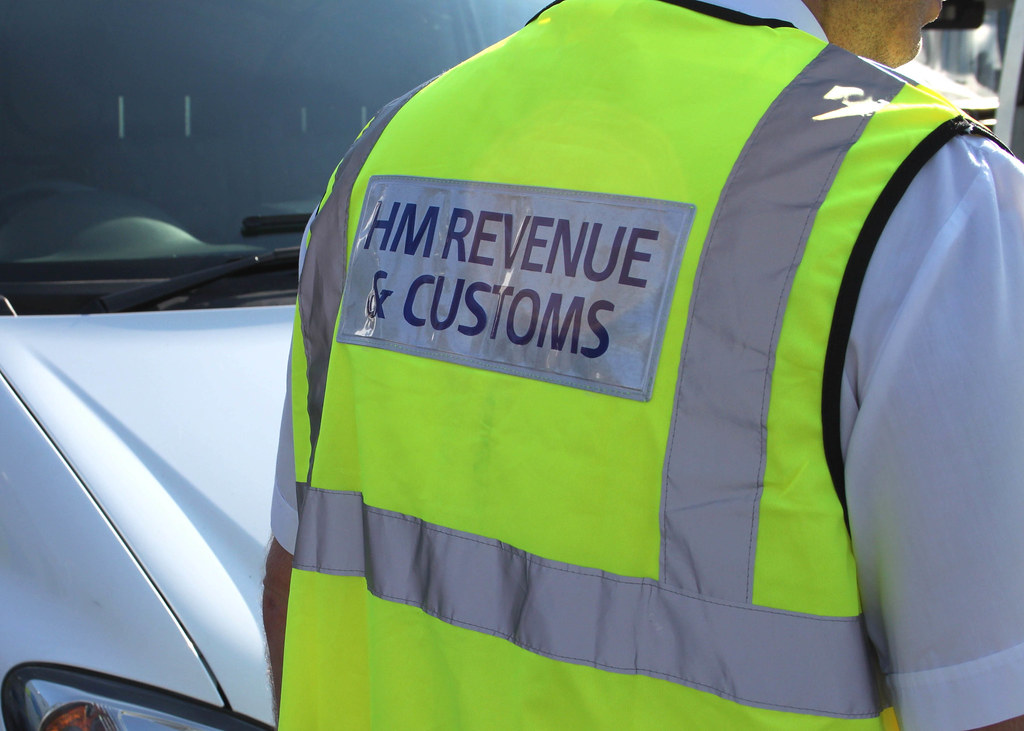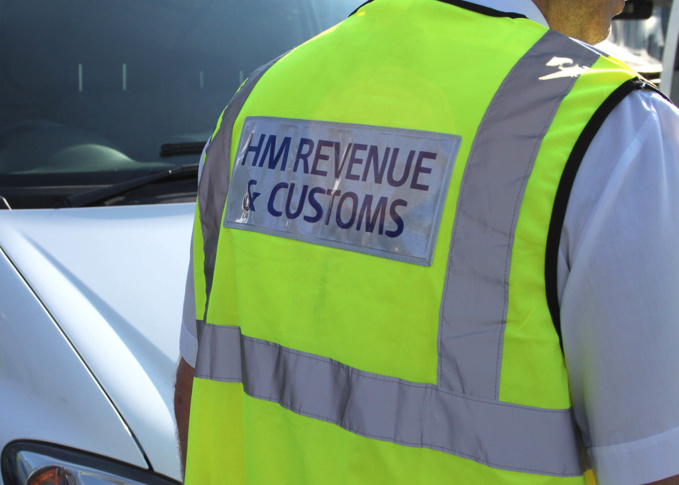During this time, 51 countries have initiated at least one dispute and 60 have become defendants in at least one case, according to WTO data. In all, 110 countries (including as third parties) have been involved in the resolution of disputes, in one way or another.
The largest number of requests for consultations (this is the first stage of the dispute) were made by countries in the early years of the WTO. Another surge came in 2018, with the unilateral increase of US duties on steel and aluminium imports from several countries and several rounds of safeguard duties on shipments from China.
In 2020, countries submitted just five requests (20 in 2019), an all-time low for the WTO. Apart from the impact of the pandemic and the imposition of emergency export restrictions by many countries (particularly on medical products), this decline in activity is also due to the limitations of WTO functionality.
The US continues to block the appointment of new judges to the organisation's appellate body. Its work has been suspended since 10 December 2019, when another judge's term of office expired (a claim must be heard by a minimum of three judges in order to be decided). Now, although the WTO's main dispute settlement body continues to operate, the enforcement of its decisions is effectively a voluntary matter: it is the appellate court's decision that counts as final.
source: wto.org
The largest number of requests for consultations (this is the first stage of the dispute) were made by countries in the early years of the WTO. Another surge came in 2018, with the unilateral increase of US duties on steel and aluminium imports from several countries and several rounds of safeguard duties on shipments from China.
In 2020, countries submitted just five requests (20 in 2019), an all-time low for the WTO. Apart from the impact of the pandemic and the imposition of emergency export restrictions by many countries (particularly on medical products), this decline in activity is also due to the limitations of WTO functionality.
The US continues to block the appointment of new judges to the organisation's appellate body. Its work has been suspended since 10 December 2019, when another judge's term of office expired (a claim must be heard by a minimum of three judges in order to be decided). Now, although the WTO's main dispute settlement body continues to operate, the enforcement of its decisions is effectively a voluntary matter: it is the appellate court's decision that counts as final.
source: wto.org



















